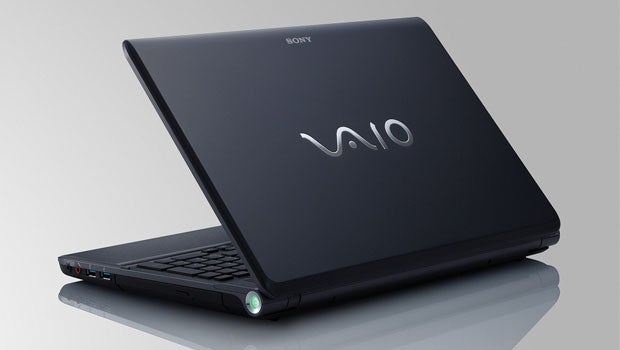Sony VAIO won’t be last PC industry casualty

OPINION Sony is selling its VAIO PC business to a Japanese investment fund that will focus solely on the Japanese market. This makes the VAIO brand one of the first big-name casualties of the global decline in the PC market, but it certainly won’t be the last.
For Sony, selling its VAIO PC business makes perfect sense. The company made a loss of £665m in 2013 despite a strong Q4, with the PC division and its TV business (the latter is being spun off as separated wholly owned subsidiary) weighing down the successful imaging (photography), mobile and gaming parts of the business.
Sony has never been a huge player in the PC market – it has never been among the top five PC makers – and 2013 saw the worst decline in that market in its history. Within three years the PC market has gone from healthy growth of 13.8 per cent in 2010 to a huge decline of 10 per cent in 2013. Being a niche player in a declining market is a trend that is unlikely get Sony shareholders excited.
But you don’t care about shareholders, do you? I don’t either. What I do care about, however, is choice. And the sale of Sony VAIO and its impending retreat from the global PC market is, I think, merely the first sign that we’re going to enjoy a great deal less choice in future.
Fine,
Where Sony always struggled was competing in the low-end of the market where the likes of Acer, Asus, Lenovo, HP and others do battle. It tried to offer value laptops, but its laudable dedication to quality often prevented it from competing on price and features. That’s fine so long as the high-margin laptops are doing ok, but clearly the advent of the iPad in 2010 and resultant surge in Mac sales can’t have done Sony any favours.
Looking forward, it’s hard to imagine Sony will be the last to take such drastic measures. Acer, a company that enjoyed a brief netbook-fuelled sojourn as the no.2 PC vendor in 2009/10, has been haemorrhaging money for a long while. In 2011 it recorded a $225 million loss, which sounds bad until you discover it lost nearly double that ($446 million) in Q3 of 2014 alone, and according to IDC lost 21.4 per cent of its market share in 2014.
Could it suffer a similar fate? It’s too early to say, but the omens aren’t great, and this is just another example of the challenges facing Microsoft’s new CEO.
Next, find out about the best laptops before half the big names stop making them

